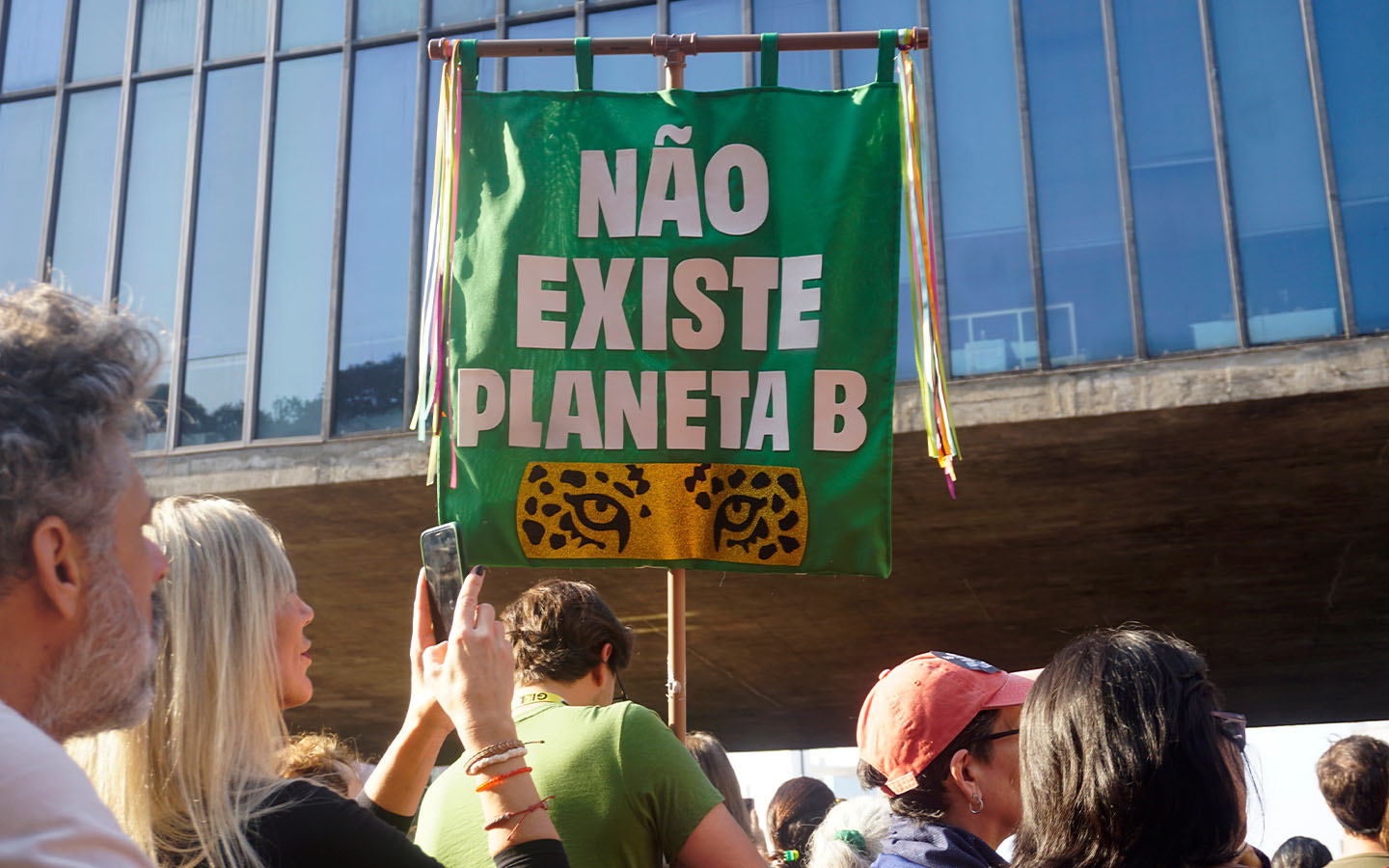
Brazilian legislature approves controversial environment bill
How did your country report this? Share your view in the comments.
Diverging Reports Breakdown
Brazilian legislature approves controversial environment bill
Brazilian lawmakers have passed a bill that would undermine environmental safeguards and endanger Indigenous communities. Critics have dubbed the “devastation bill’ to the president’s desk for approval. President Luiz Inácio Lula da Silva has 15 working days to approve or veto it. If he opts for the latter, there is a strong chance the conservative-dominated congress will overturn the veto, likely setting off a battle in the courts. The bill comes as Brazil prepares to host the COP30 climate summit in November. It would effectively exclude nearly a third of Indigenous lands and over 80 percent of quilombola areas.
Approved by the Brazilian senate in May, the bill passed in congress early Thursday morning with a vote of 267–11, reports the Guardian. This comes in the face of opposition from over 350 organisations and social movements.
The controversial legislation now goes to President Luiz Inácio Lula da Silva, who has 15 working days to approve or veto it. If he opts for the latter, there is a strong chance the conservative-dominated congress will overturn the veto, likely setting off a battle in the courts.
“There’s no precedent for how damaging this law is,” Suely Araújo, public policy coordinator at the Climate Observatory civil society group and former head of Brazil’s environmental protection agency Ibama, told the Guardian. She called it “the greatest setback to Brazil’s environmental legislation” since the country right instituted licensing requirements, which force most projects to conduct prior impact studies or regulatory review.
Included in the new bill is an expansion of the fast-track process previously reserved for low-risk activities to include medium-risk projects, a change that Araújo estimates will affect around 90 percent of licensing procedures – including mining and most agricultural activities.
[See more: US and Chinese oil companies pay top dollar in ‘doomsday’ oil auction]
She emphasised that this “full self-licensing” approach would effectively destroy the efficacy of this critical environmental safeguard.
“It is a project tailored to serve predatory sectors and dismantles decades of progress in Brazilian environmental legislation,” representative Nilto Tatto, the environmental caucus coordinator in congress, told environmental media nonprofit Mongabay in a WhatsApp message.
The bill also significantly limits agencies’ ability to advocate for Indigenous and quilombola communities in licensing, including only projects located on officially recognised territories. (Quilombola are descendants of escaped African slaves, who began forming communities in isolated areas as far back as the 16th century.) It would effectively exclude nearly a third of Indigenous lands and over 80 percent of quilombola areas, which have been awaiting official titling for years.
“Many of these lands are already under dispute or being targeted by exploitative companies,” Dinamam Tuxá, executive coordinator of the Articulation of Indigenous Peoples of Brazil (Apib), told the Guardian. The law, he argued, amounts to legislating the “process of extermination of Indigenous peoples.”
Both Tuxá and Tatto urged continued pressure, although the representative was not as optimistic about a presidential veto holding up. If the law does come into effect, it will likely trigger a wave of legal challenges as activists and legal experts argue it violates the constitution and previous supreme court rulings. The bill comes as Brazil prepares to host the COP30 climate summit in November.
Source: https://macaonews.org/news/lusofonia/brazil-environment-bill/
